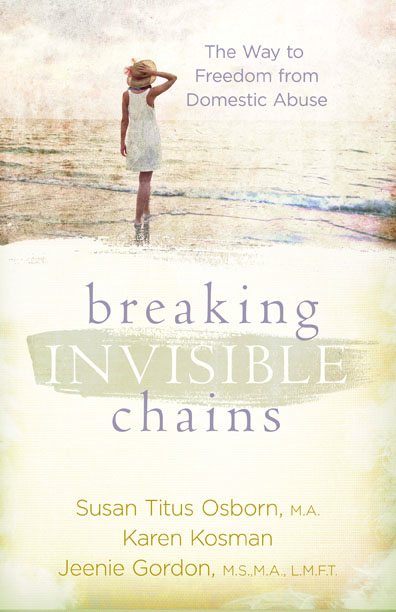The copyright registration is effective on the date of the receipt in the Copyright Office. For the material written after January 1, 1978, your copyright lasts for seventy years after your death. For manuscripts you wrote before that date, your copyright is for twenty-eight years plus a renewal for forty-seven more for a total of seventy-five years.
Once a copyright expires, the work goes into public domain. The public may use it at no cost at that point as long as the copyright isn’t picked up and re-registered by your heirs.
Also, public domain only applies to the original work. If material is revised or updated, it may not be in public domain. So be sure to check your sources before quoting information.
If you need information or guidance on legal matters, such as disputes over the ownership of a copyright, suits against possible infringers, the procedure for getting a work published, or the method of obtaining royalty payments, it may be necessary to consult an attorney—although the Copyright Office may be able to answer your questions. See previous blog for telephone numbers.
However if you are publishing a book with a publishing house, whether royalty-based or self-published, they will obtain your copyright information for you. It is important that the material you submit to Washington DC, for any of your writing, is your final copy. This concludes our series on copyright law.


